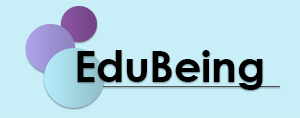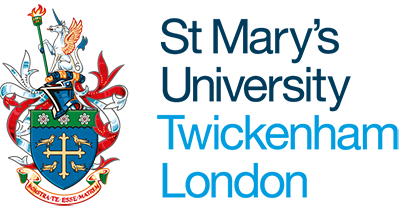Social Wellbeing Response
Started by KFitzgeraldKFitzgerald
#1. I agree that social media sites do create opportunities for people to become “unpaid shaming interns” if that’s how people choose to use that platform. As people join the viral public flogging of someone, the searches go up and search results increase advertisements, which does the work for companies like Google. However, public shaming doesn’t have to be what it is used for - there are plenty of opportunities for social media to offer positive platforms such as support groups or educational forums. It’s up to each person to decide how they want to use social media.
#2. The main benefit of social media is the ability to give everyone a voice and an opportunity to share their opinions on a public platform. It can be used as a democratization of justice when average people are able to call out injustices by those in positions of privilege who abuse that privilege in a way that can elicit change by creating real consequences. You can turn public opinion against supporting someone individually or against supporting a company that is found to be abusing its position of power in some way. It can be very influential and hopefully used in a thoughtful manner rather than a mindless bandwagon.
#3. I think that there are ways of meeting “nice people like us” on social media, but unfortunately it can often be used to seek mutual approval or target someone deemed worth demonizing. Like many tools that start out with good intentions, it is up to the people who use them to decide whether it will be used to bring people closer together or farther apart. Part of the problem is the natural tendency for most people to want to feel accepted and included, so the anonymity of the internet can make it especially easy to jump on the bandwagon of demonizing someone else because you don’t think of the real world effects on this human, but they get the immediate gratification of feeling included in the public shaming.


